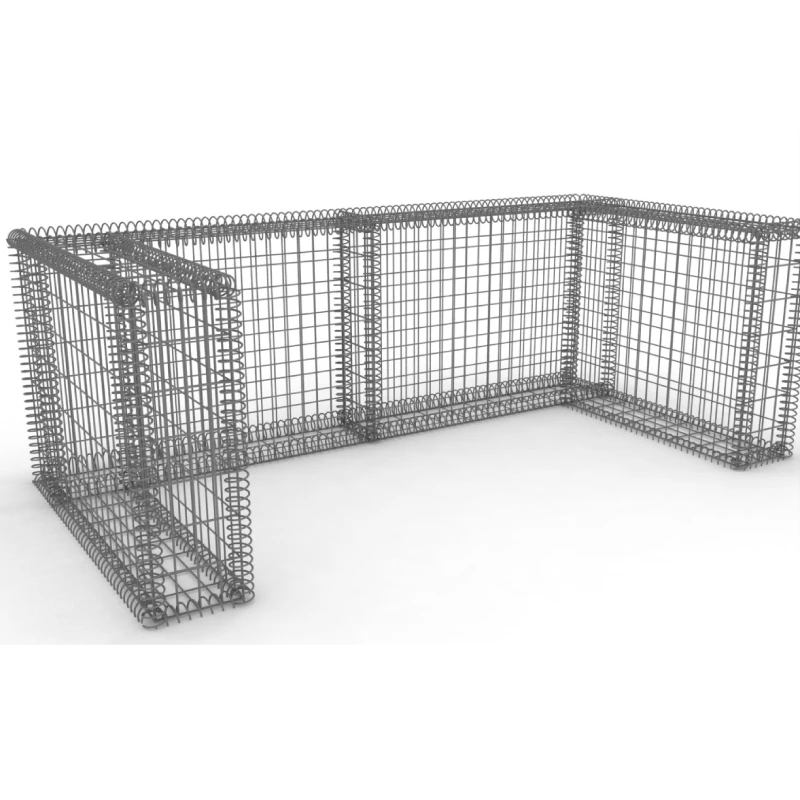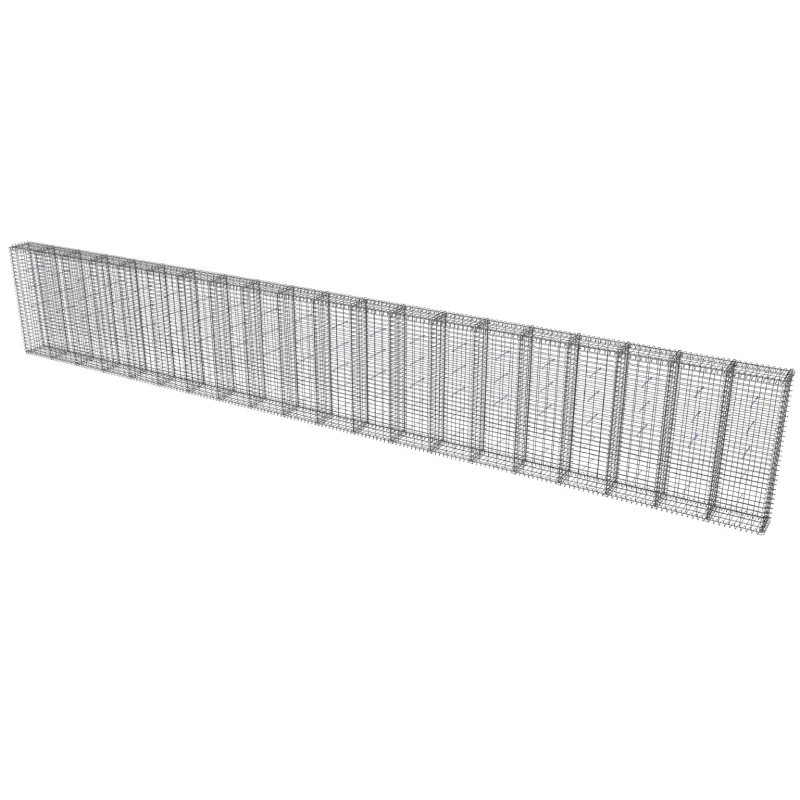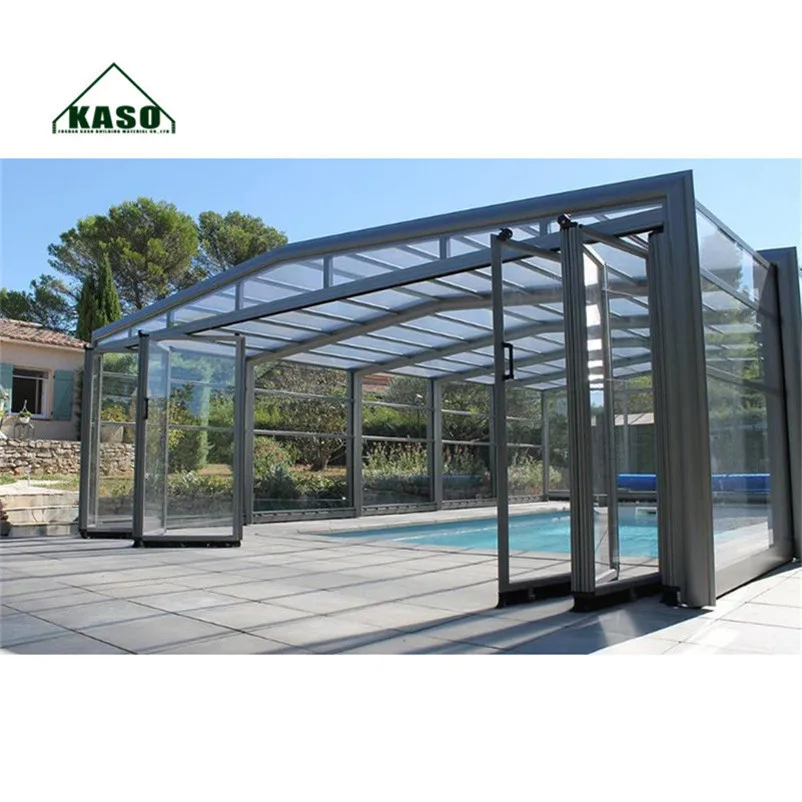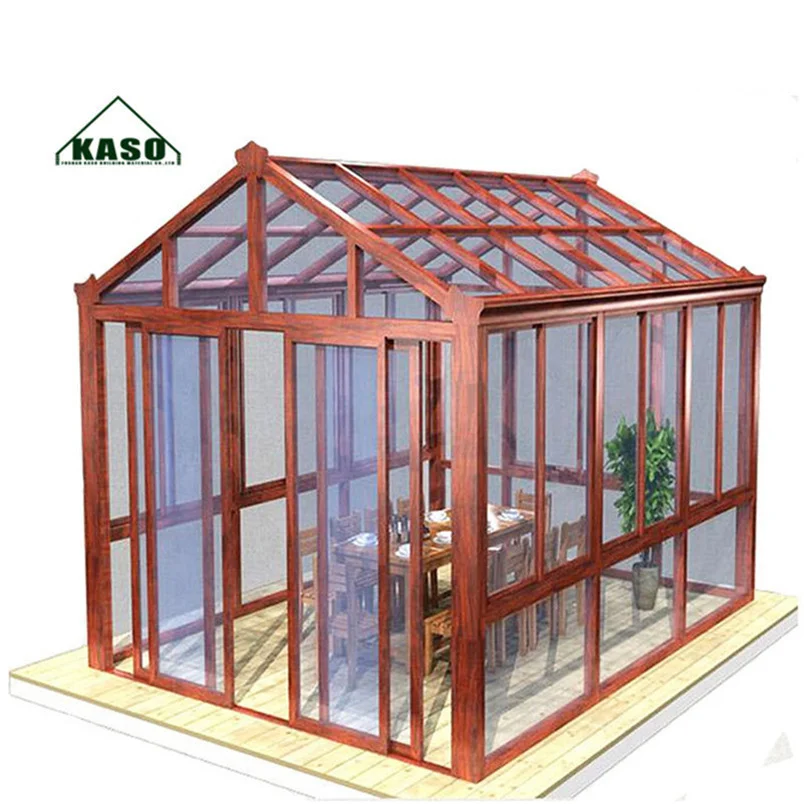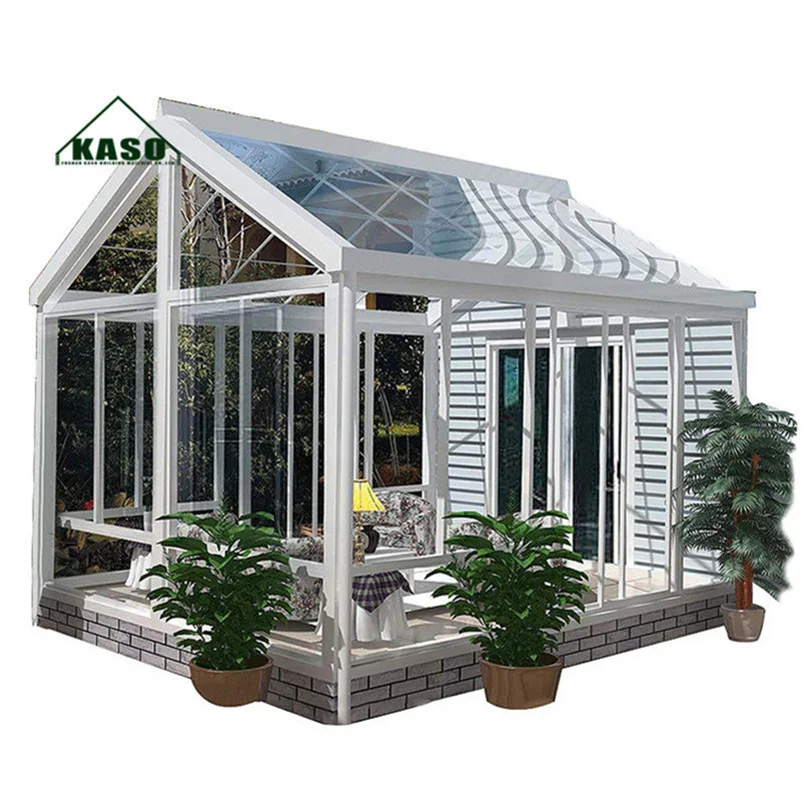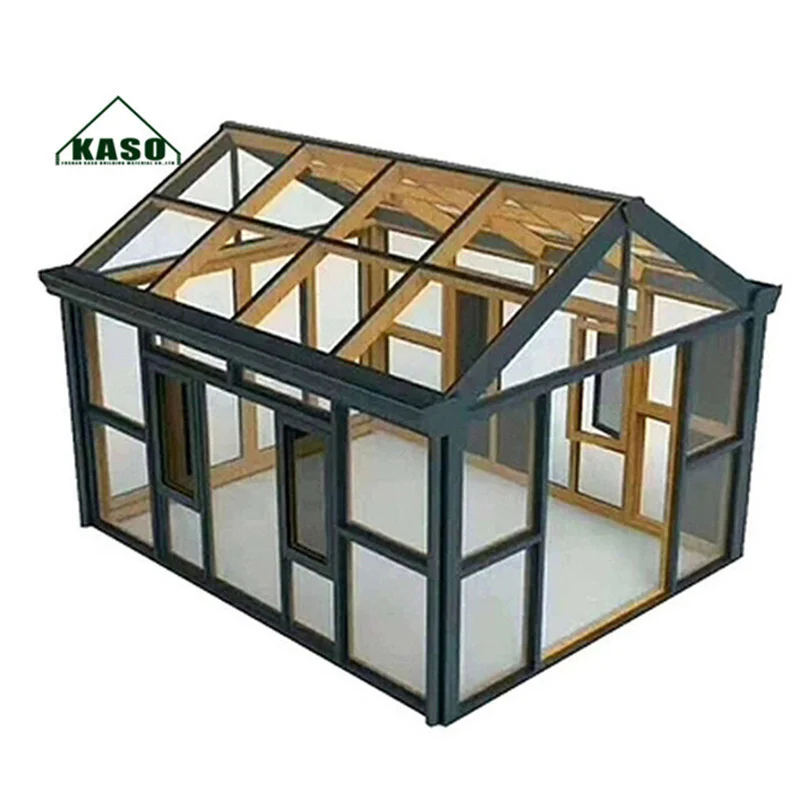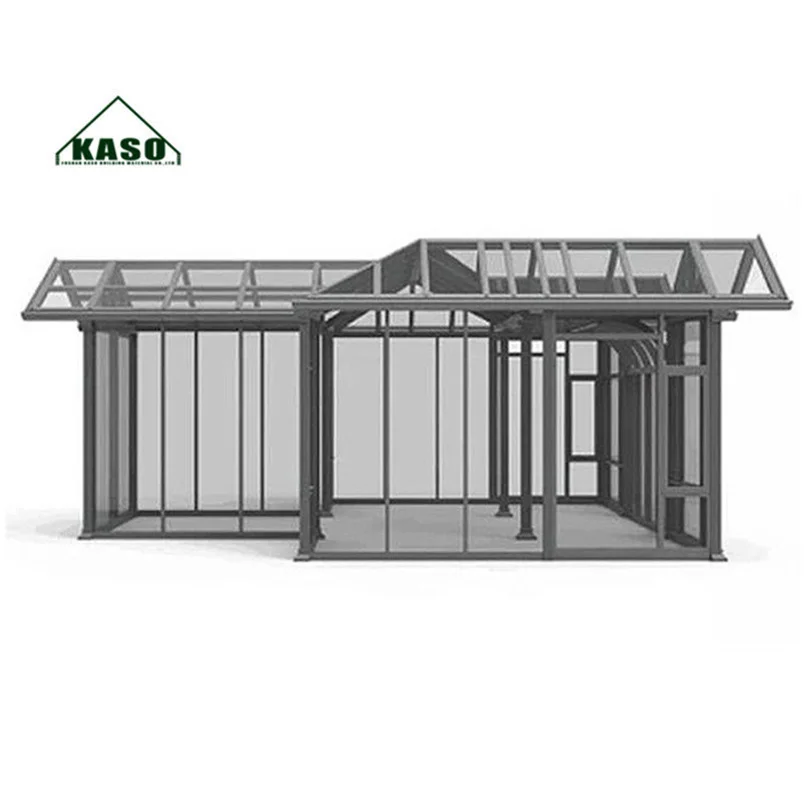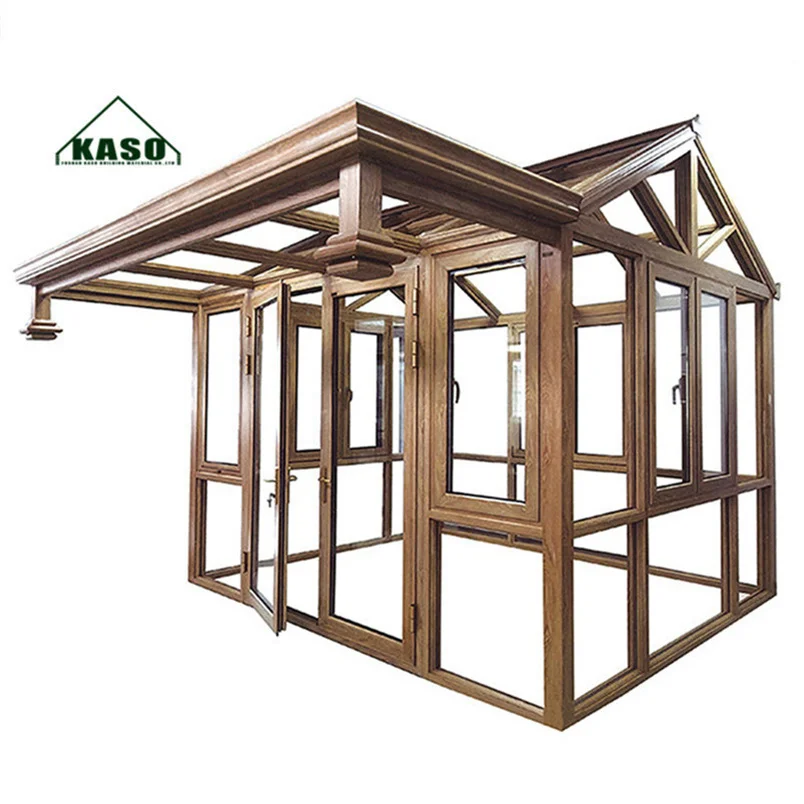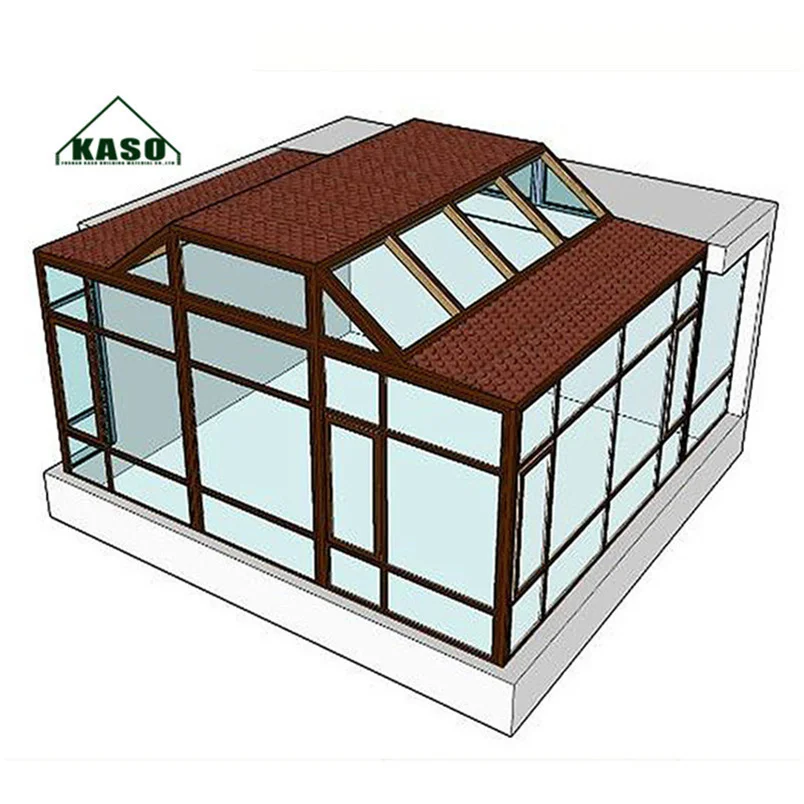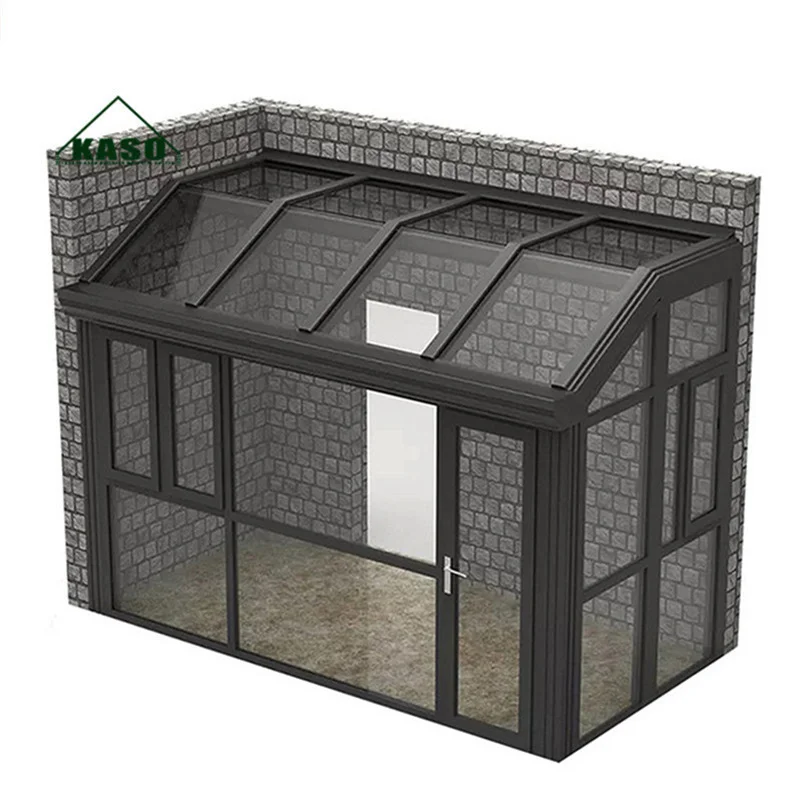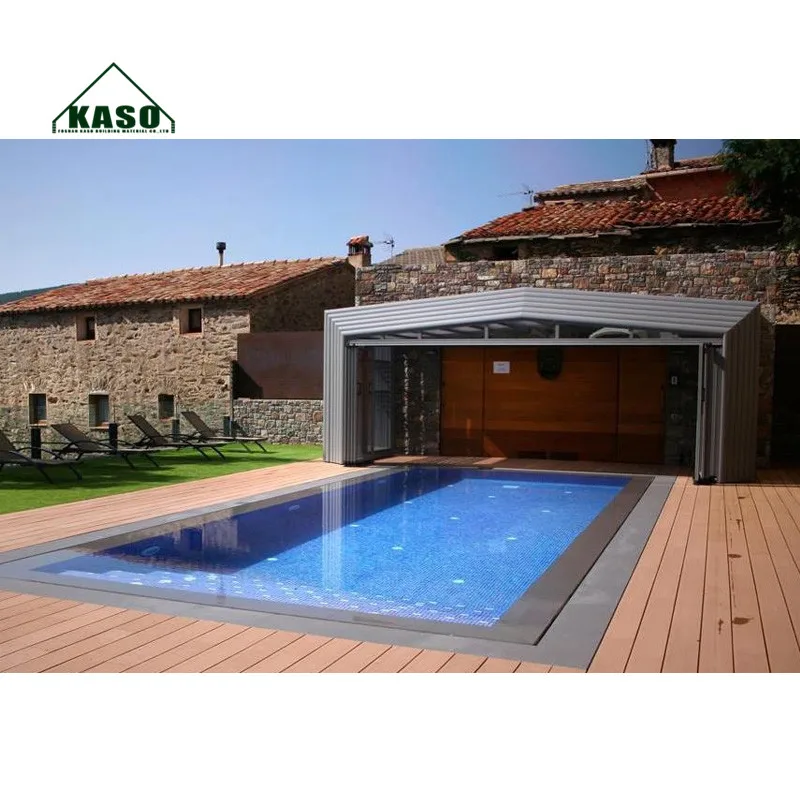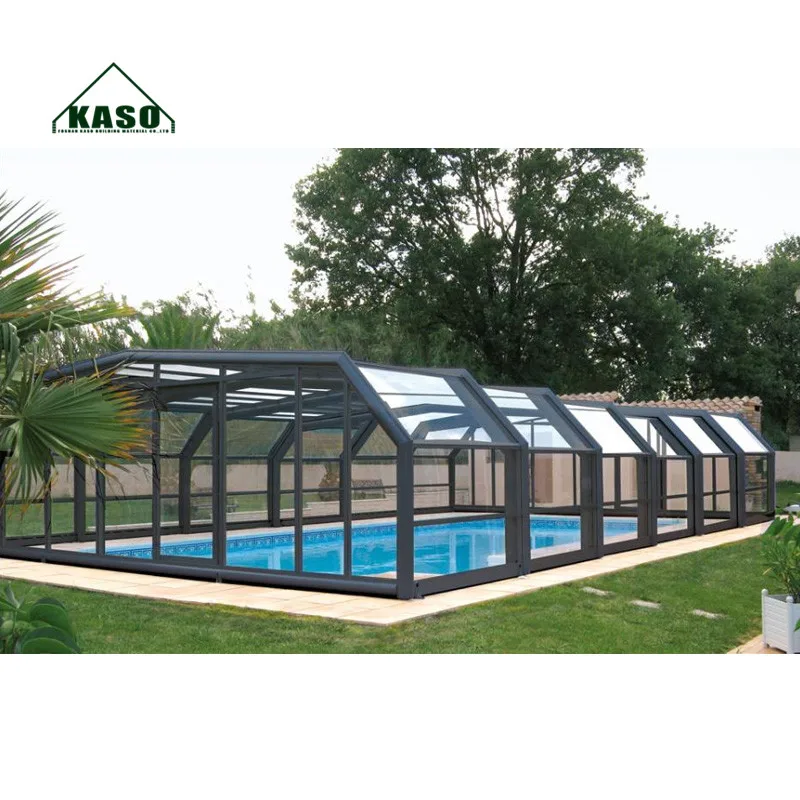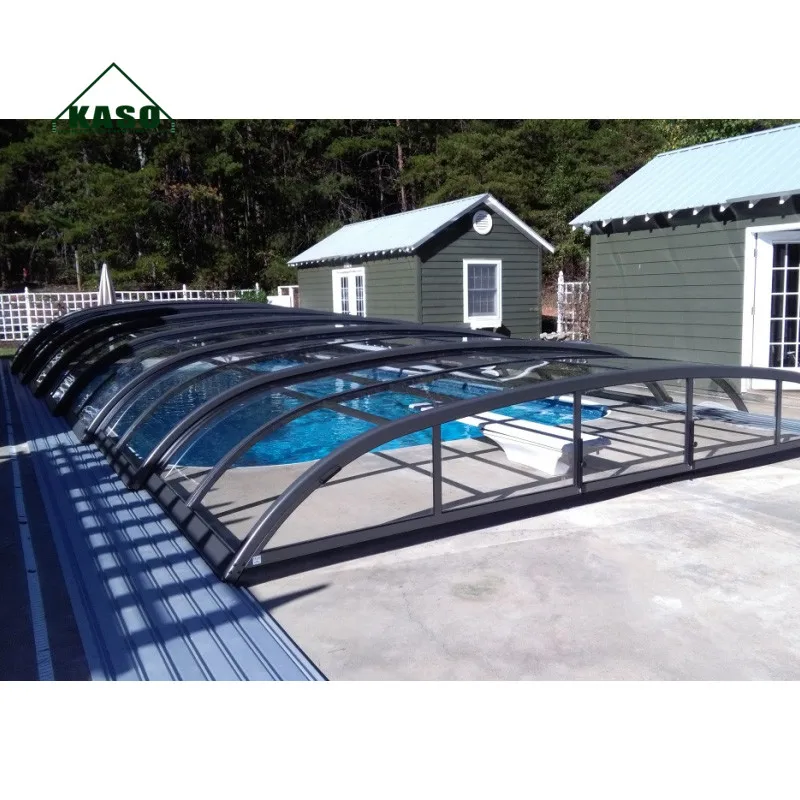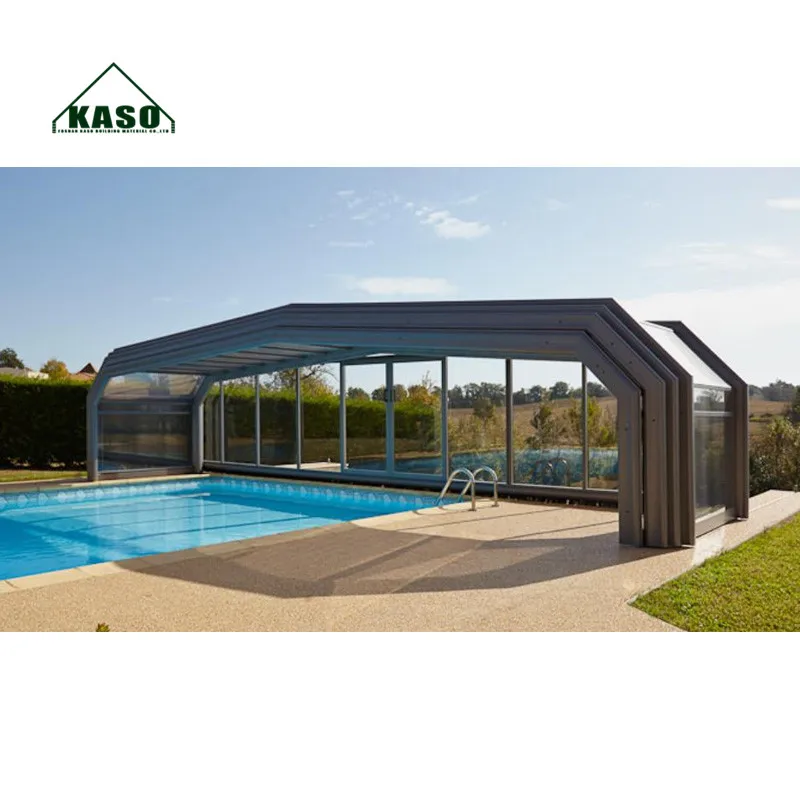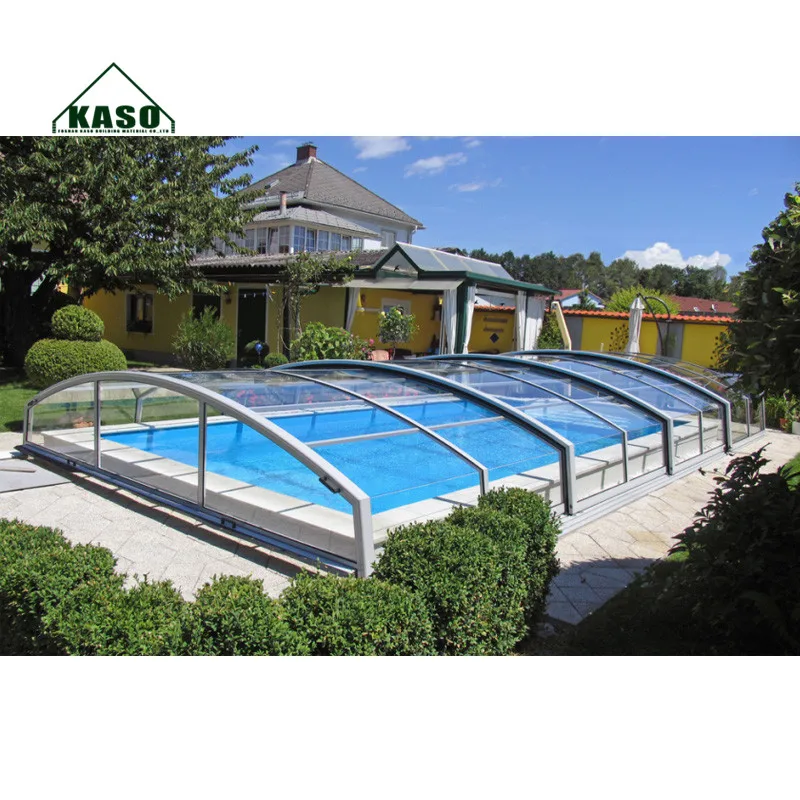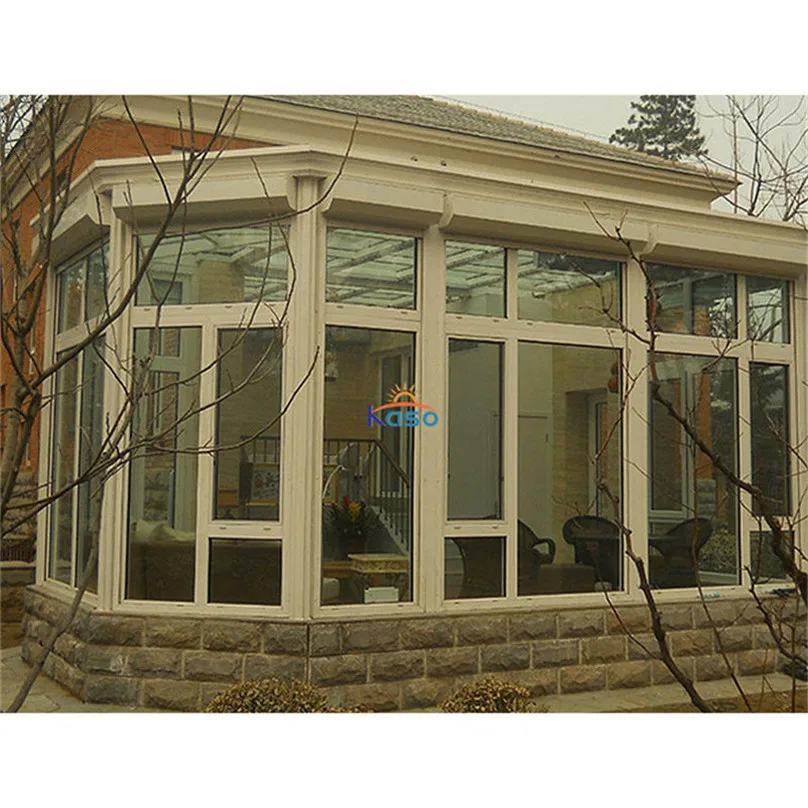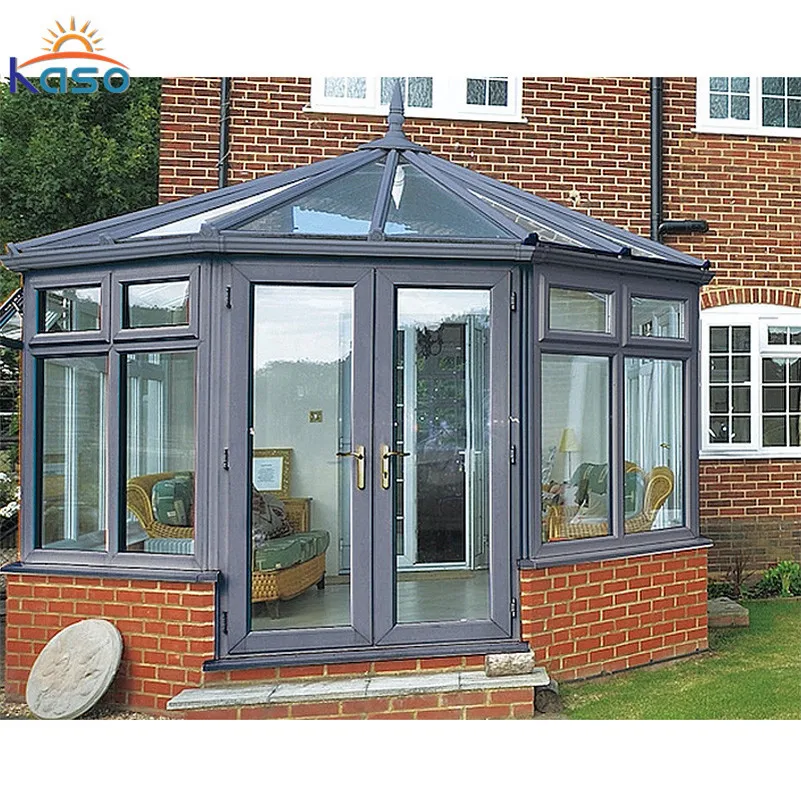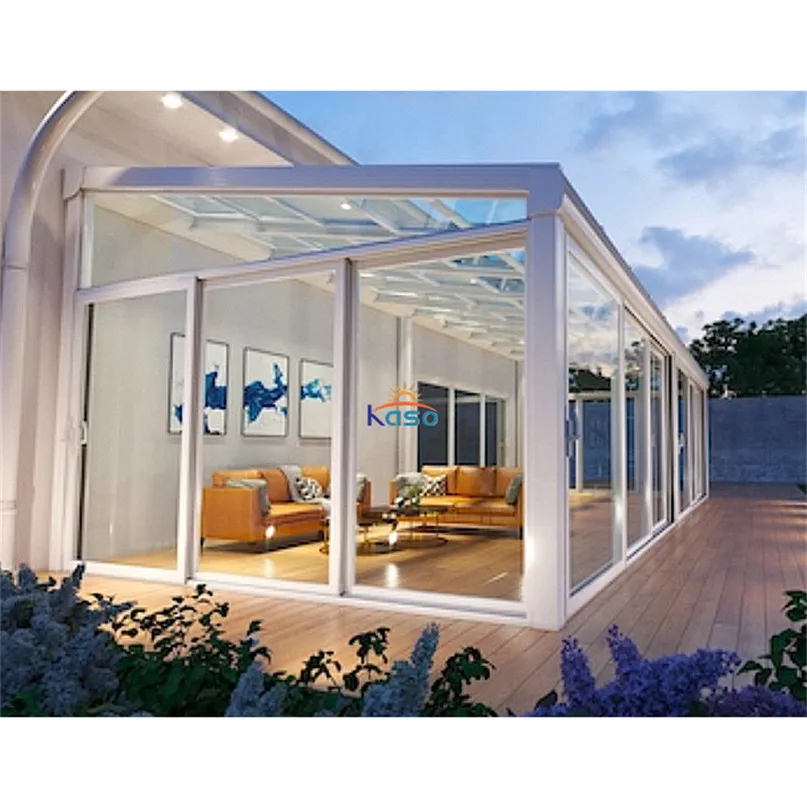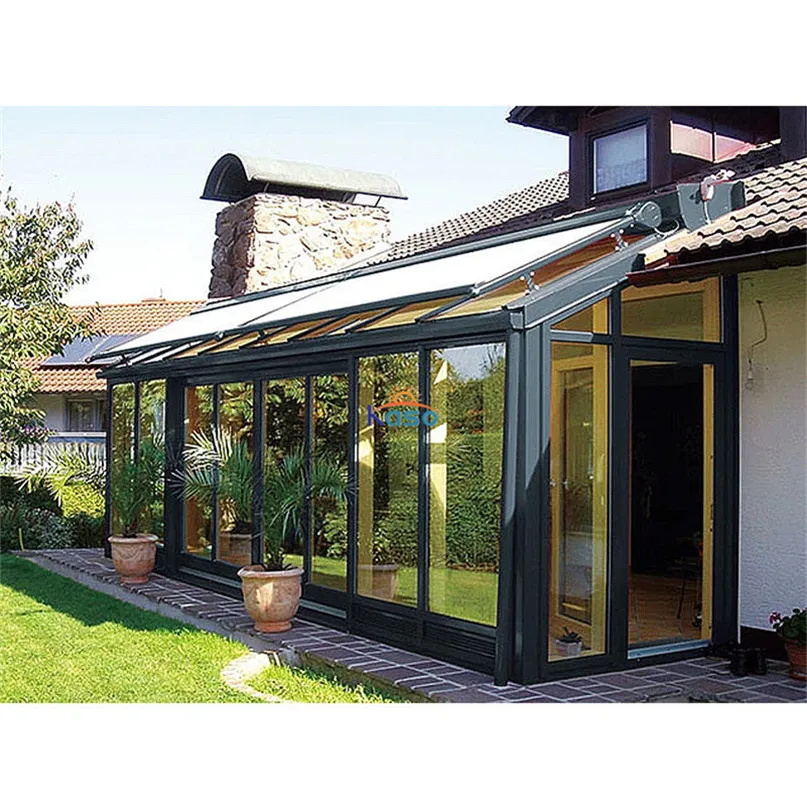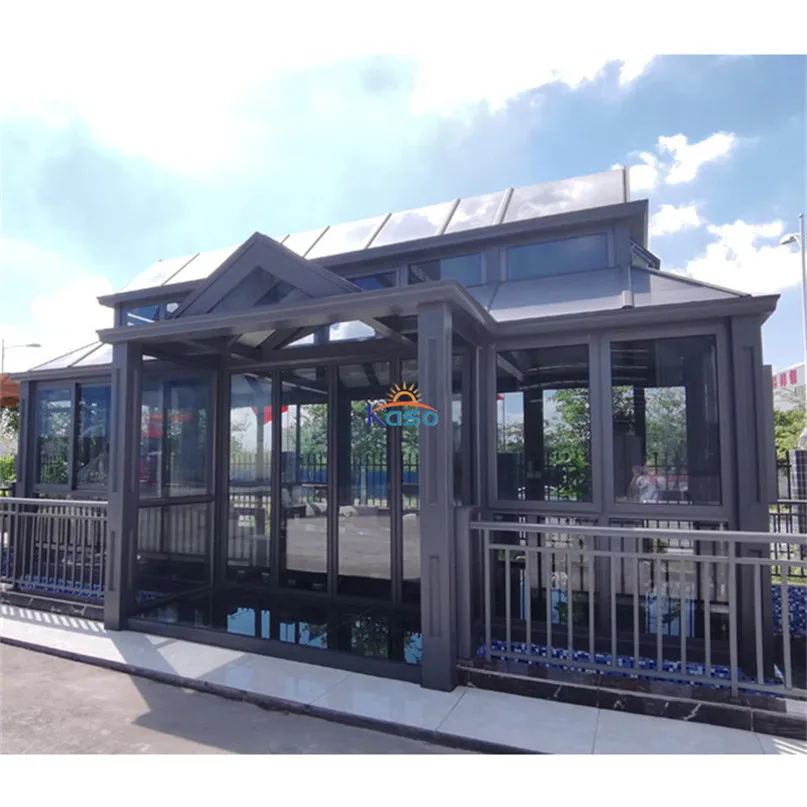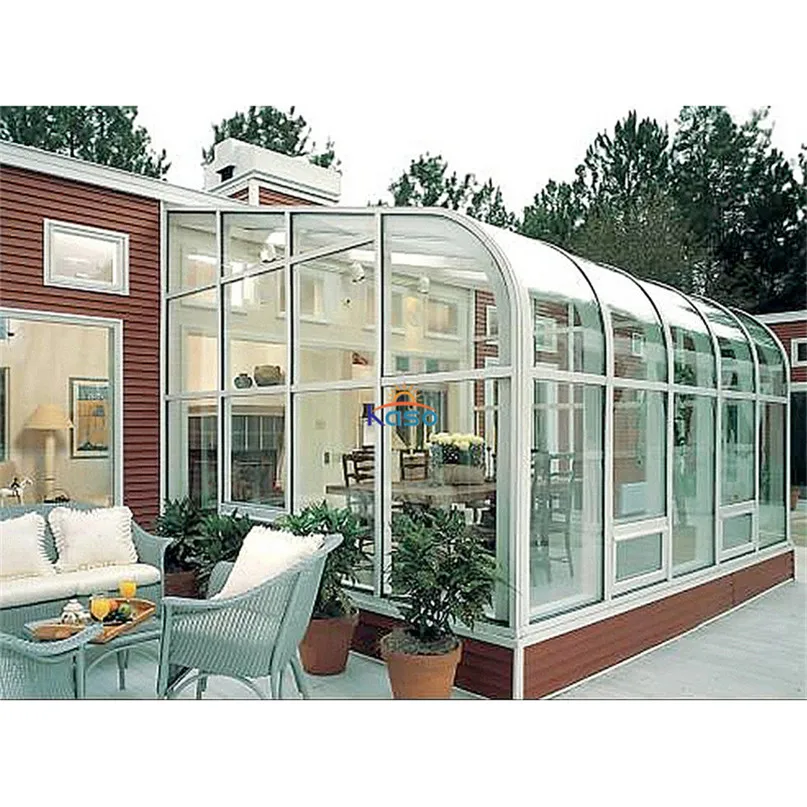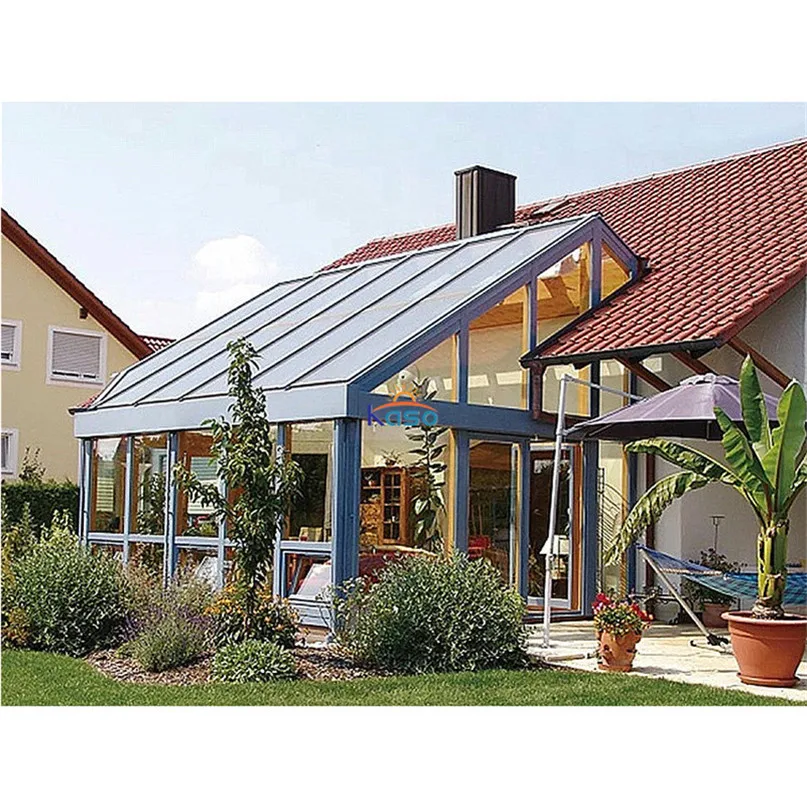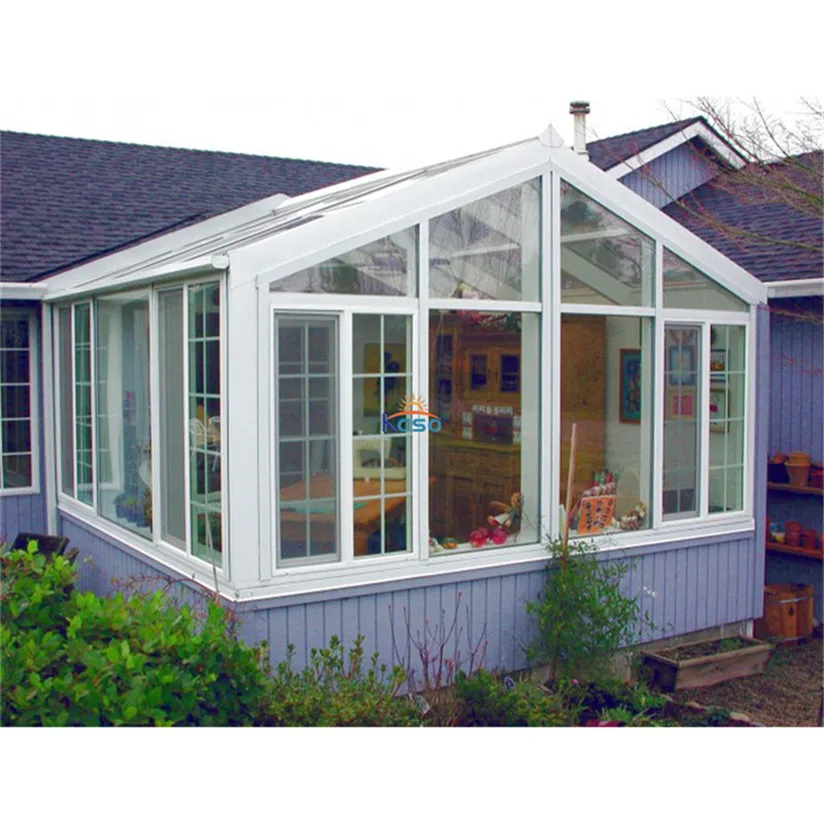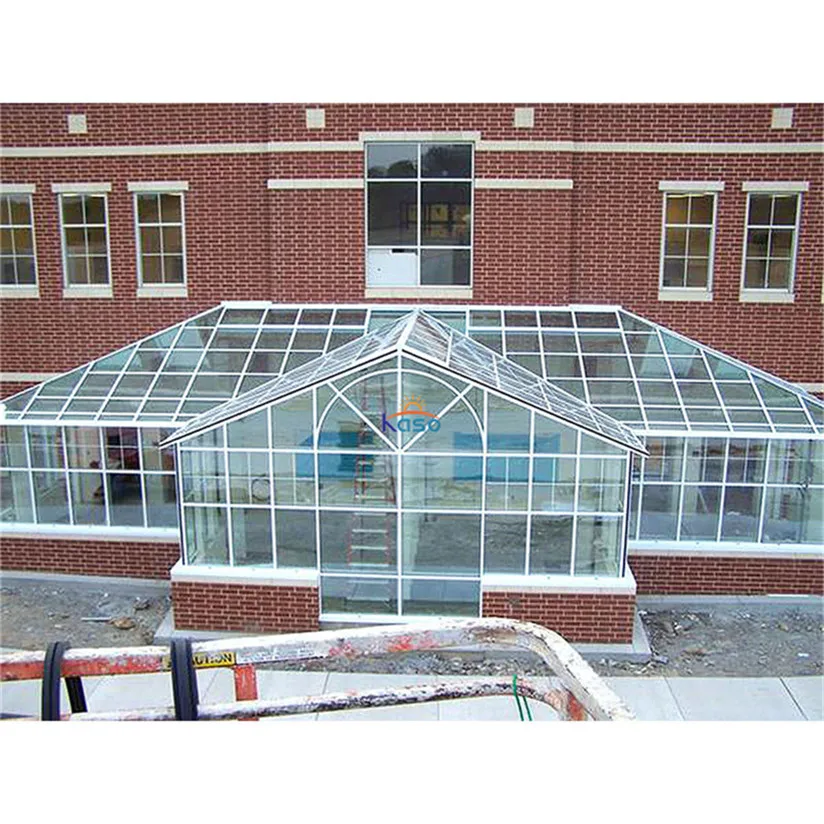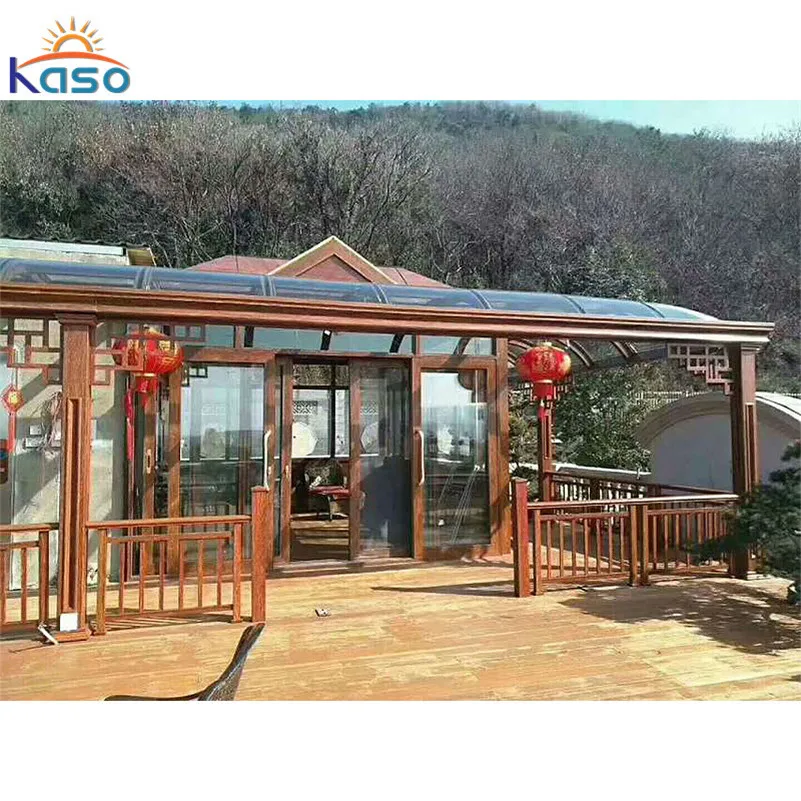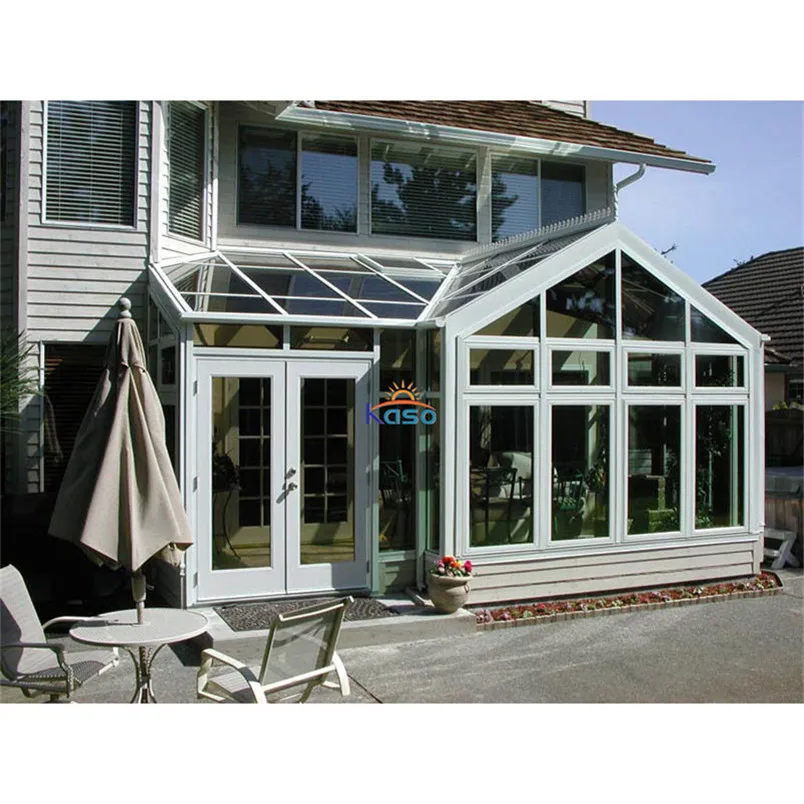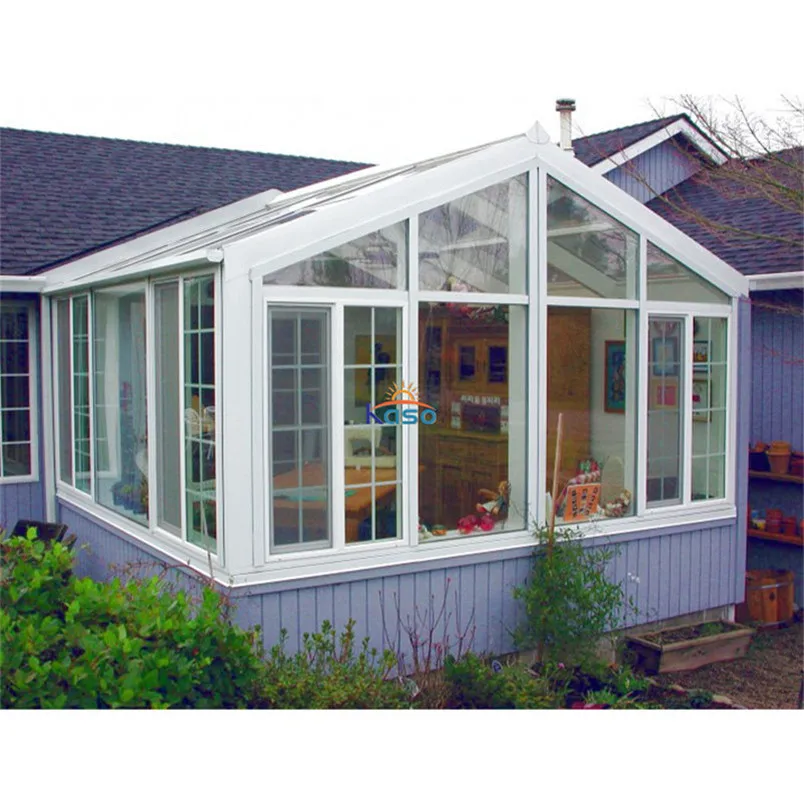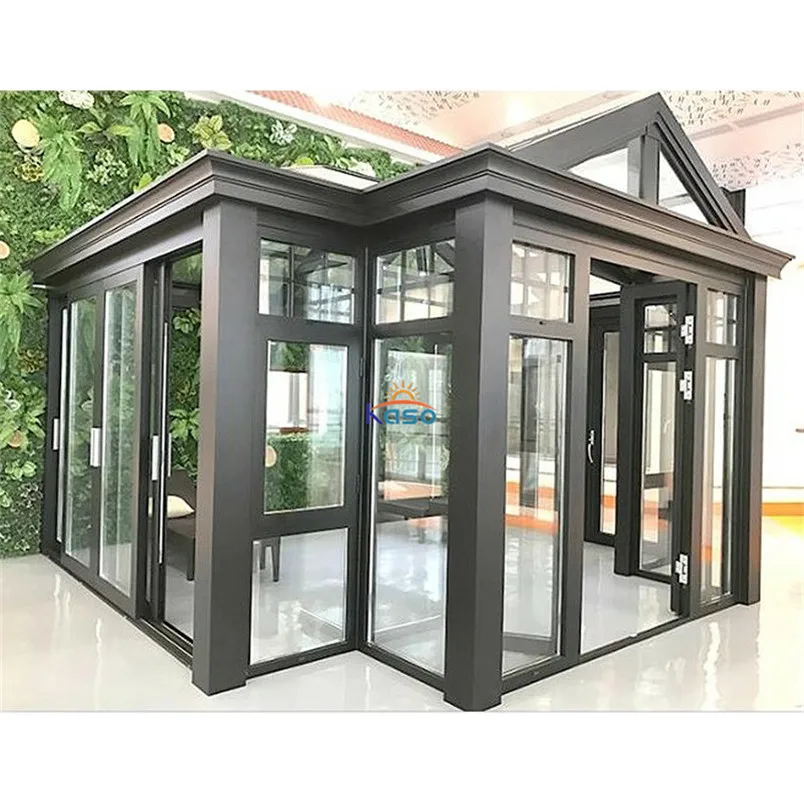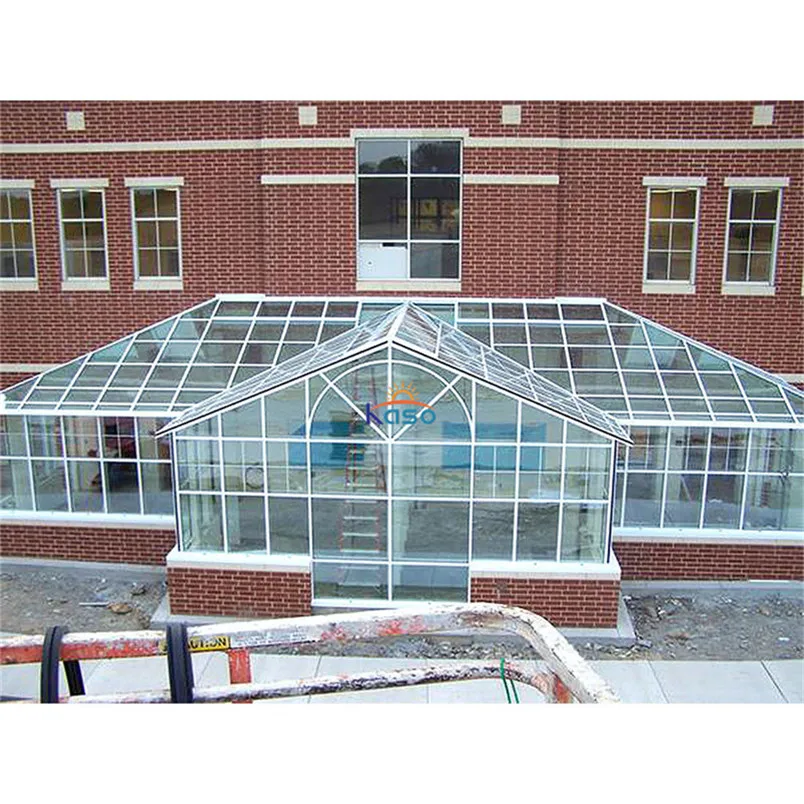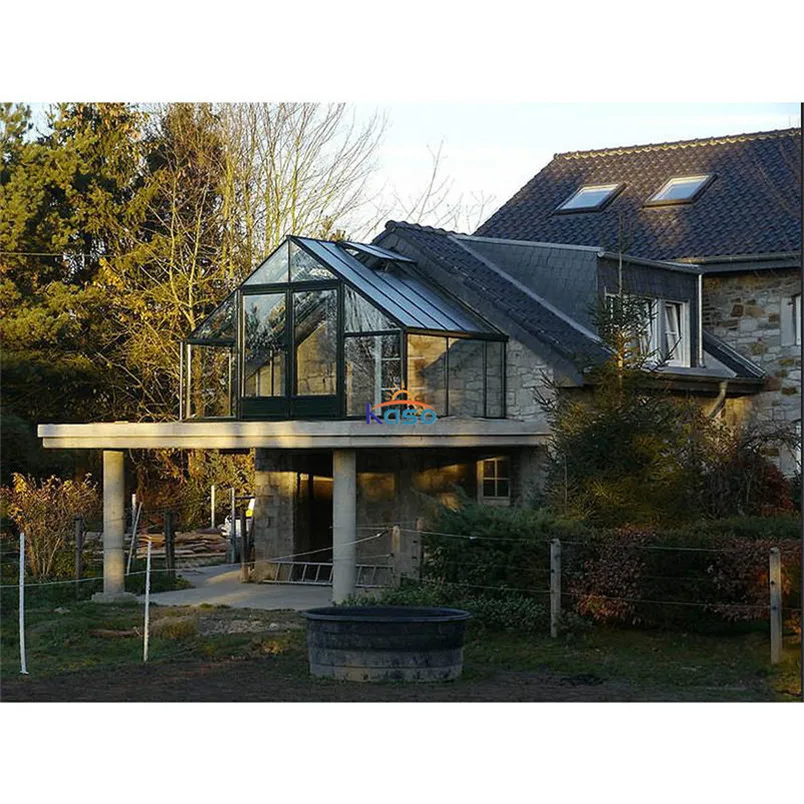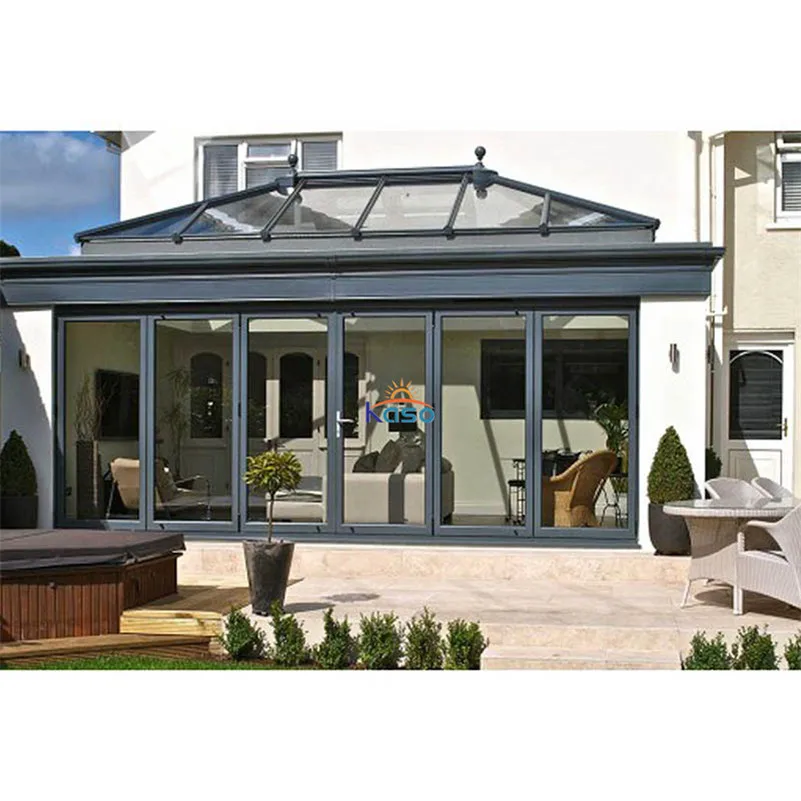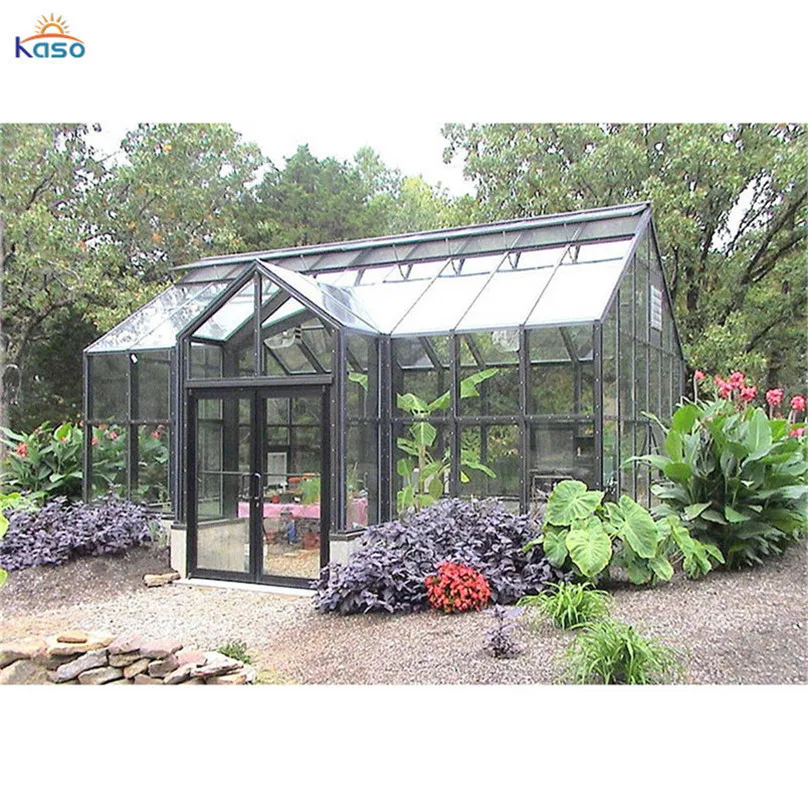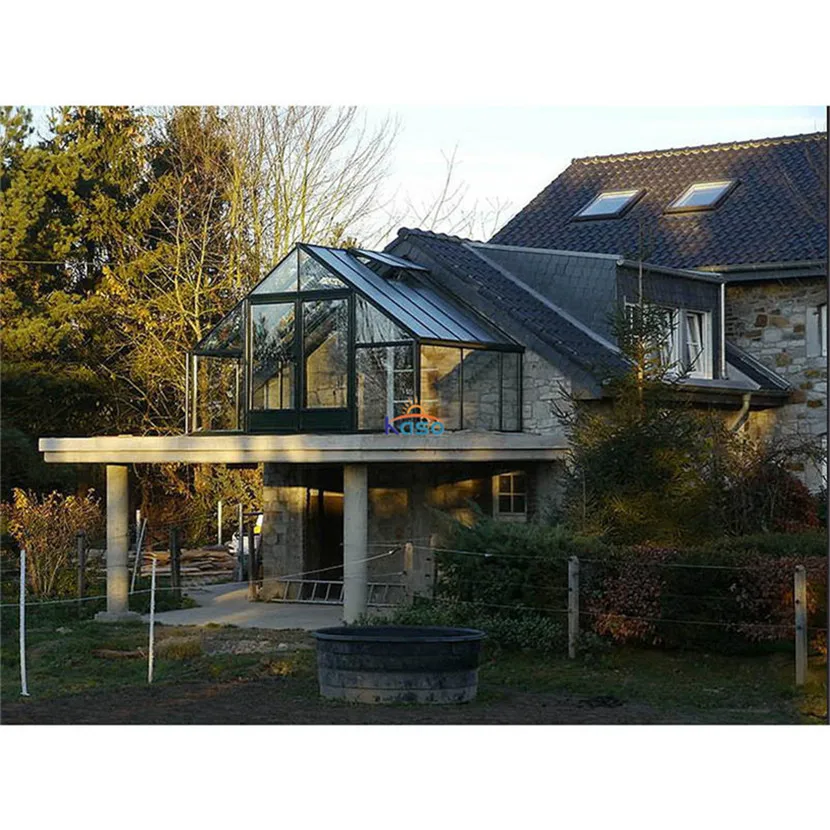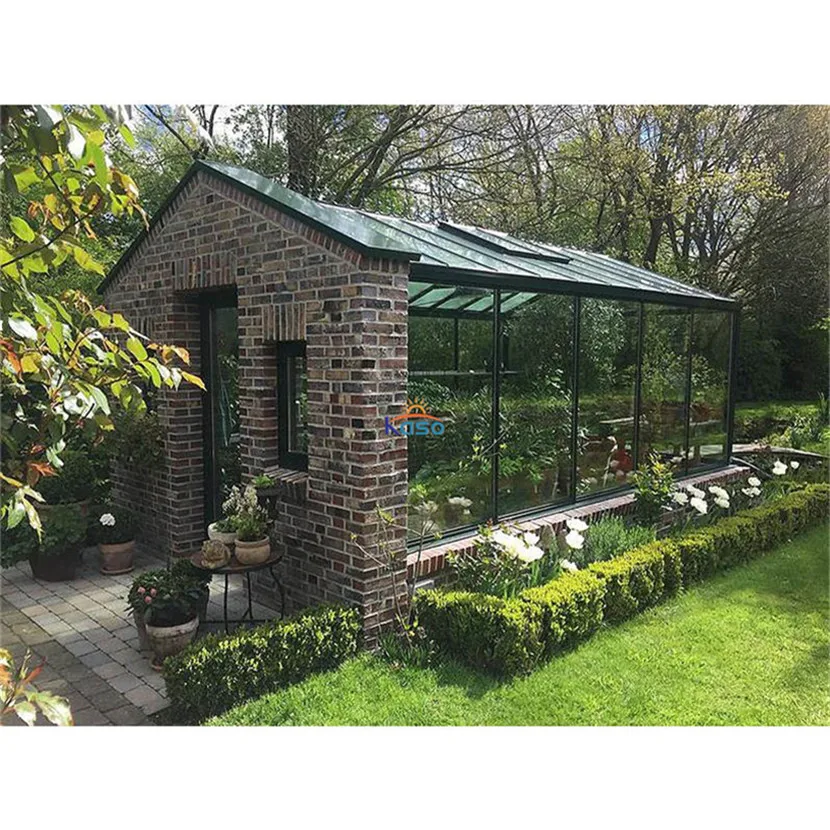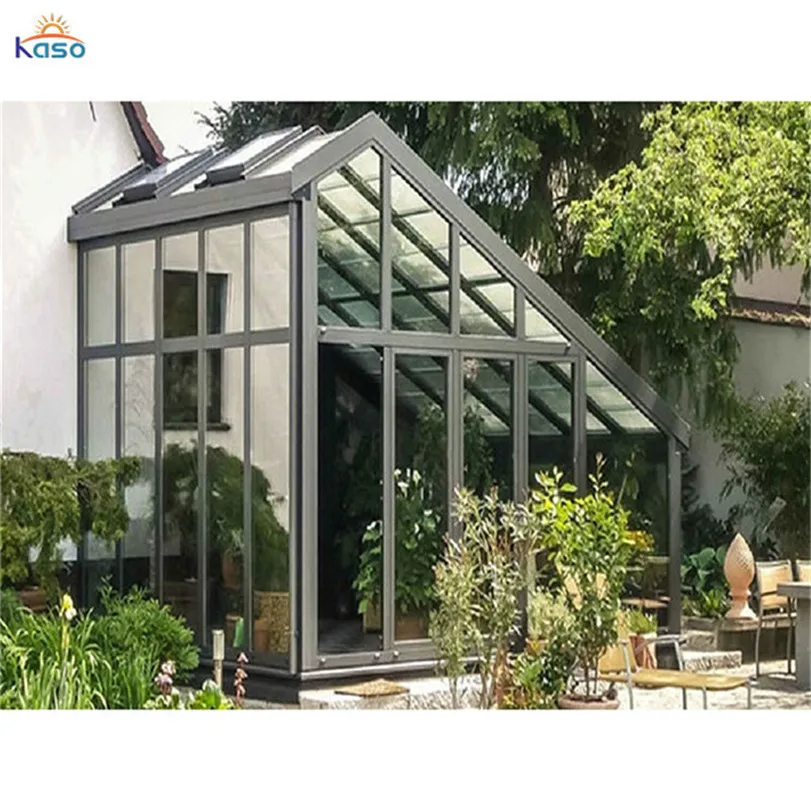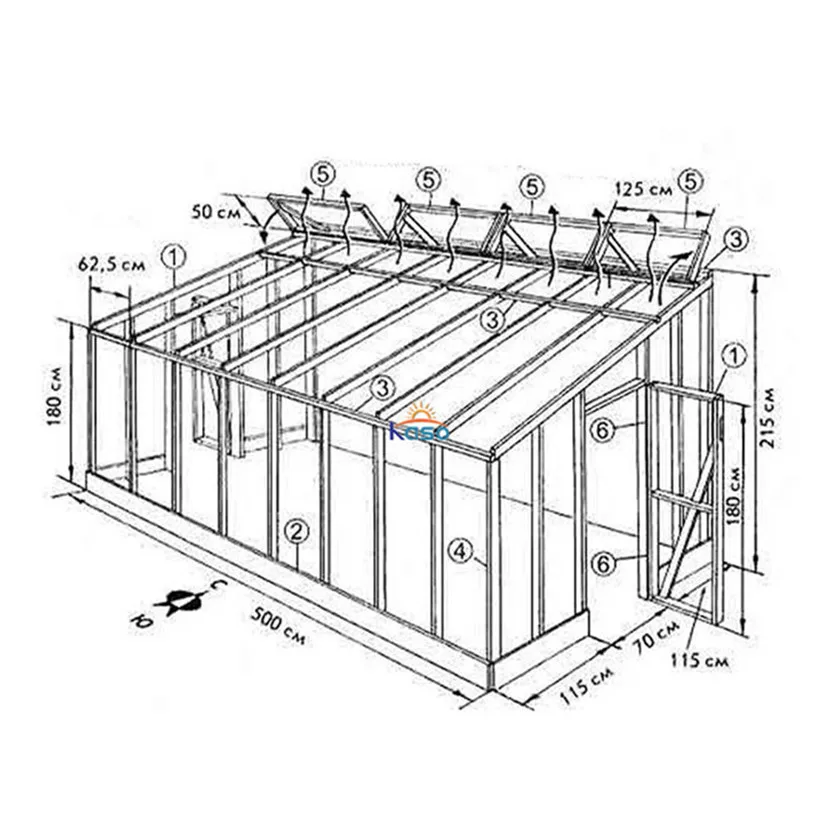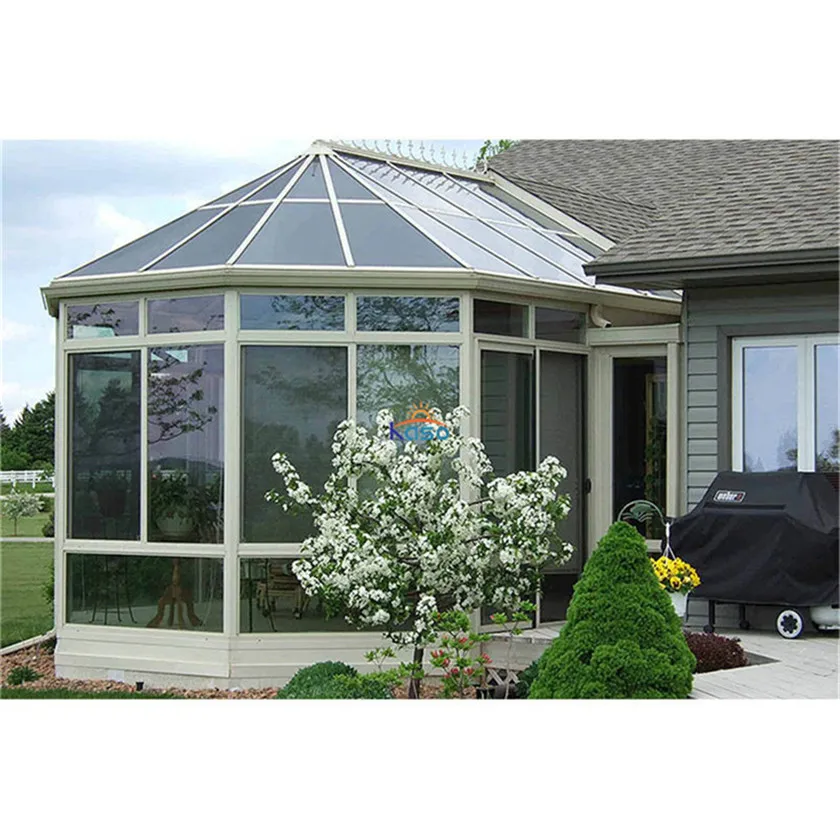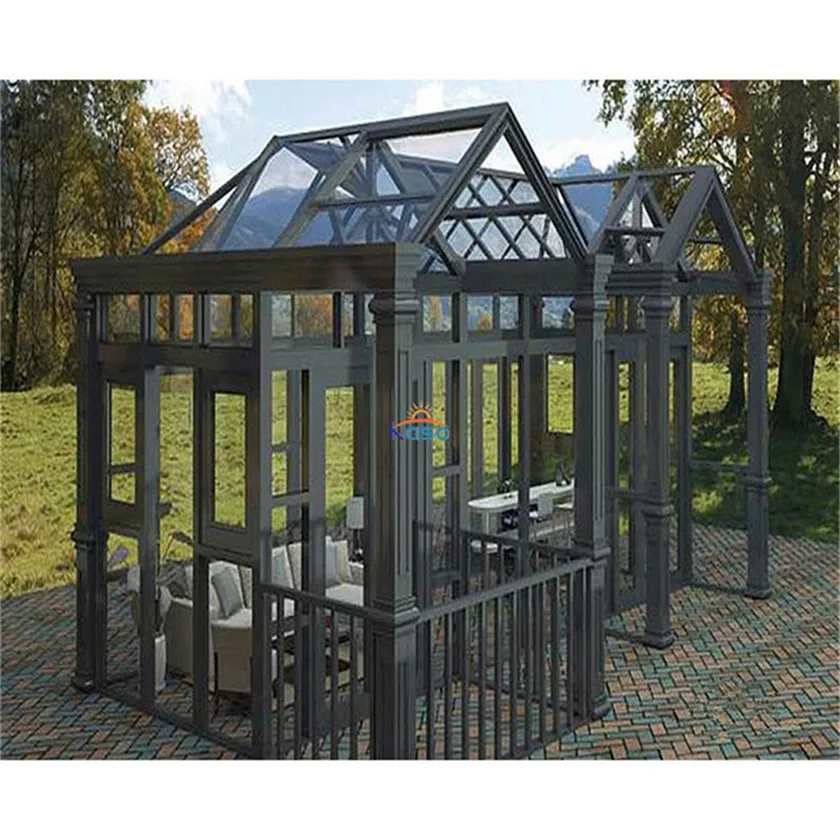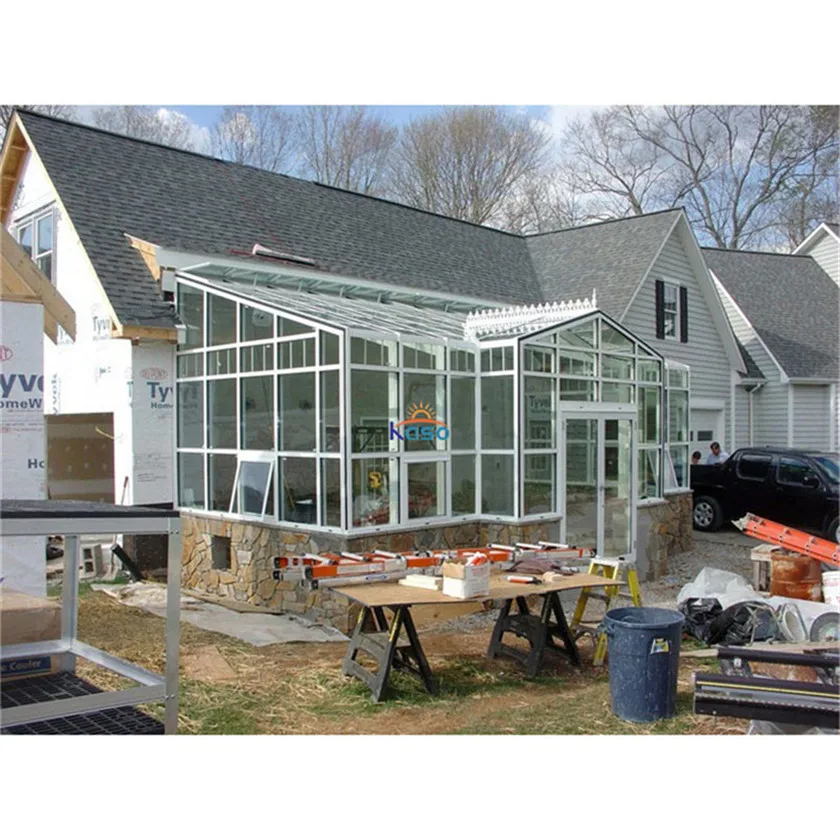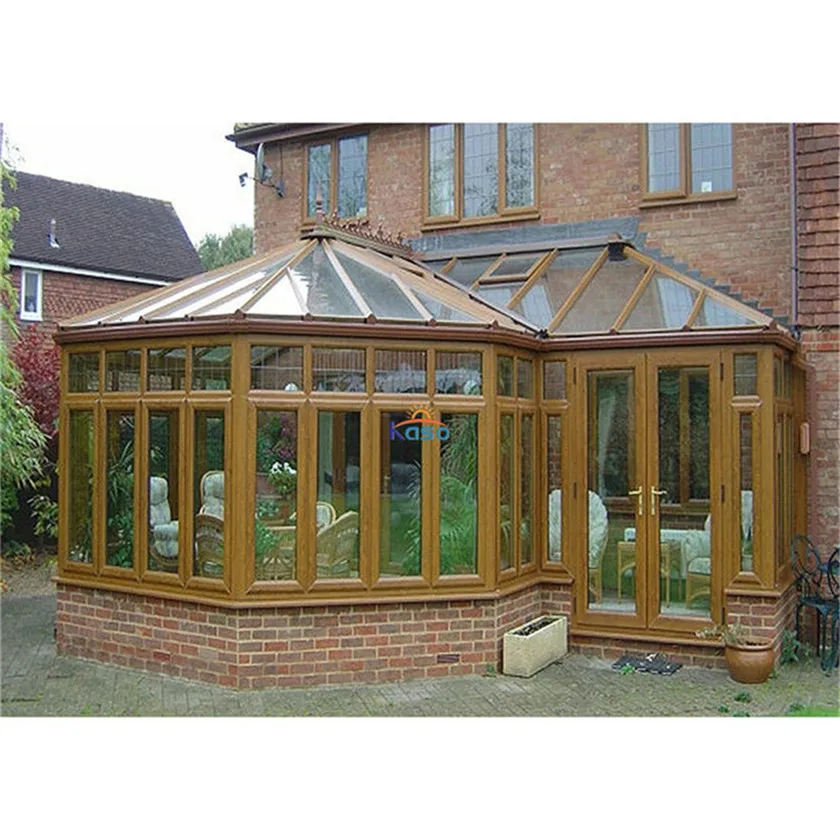Electronics & Instrument Enclosures
When it comes to protecting sensitive electronic components and instruments, Electronics & Instrument Enclosures play a crucial role. These protective cases shield equipment from environmental factors, physical damage, and electromagnetic interference. As we approach 2025, the demand for high-quality enclosures continues to grow across various industries.
How to Find Reliable Electronics & Instrument Enclosures from China in 2025
China remains the world's leading manufacturer of Electronics & Instrument Enclosures, offering competitive prices and diverse options. To find reliable suppliers:
- Check supplier certifications (ISO 9001, RoHS, UL)
- Review customer feedback and ratings
- Request product samples before bulk orders
- Verify manufacturing capabilities and lead times
- Consider working with established trade platforms like Alibaba
Top Chinese manufacturers in 2025 are expected to offer improved materials like marine-grade aluminum and advanced IP68-rated waterproof designs.
What Buyers Should Know Before Buying Electronics & Instrument Enclosures from China
Purchasing from China requires careful consideration:
- Minimum Order Quantities (MOQs) typically range from 50-500 units
- Shipping costs and import duties can affect total price
- Lead times average 15-45 days depending on customization
- Payment terms usually require 30-50% deposit
- Quality control inspections are highly recommended
Case Study: A German automation company reduced enclosure costs by 35% by sourcing from a verified Chinese supplier while maintaining quality standards.
Types of Electronics & Instrument Enclosures
The market offers various enclosure types:
Material Types
- Stainless steel enclosures (most durable)
- Aluminum enclosures (lightweight and corrosion-resistant)
- Polycarbonate enclosures (transparent and impact-resistant)
- ABS plastic enclosures (economical for indoor use)
Mounting Styles
- Wall-mounted enclosures
- DIN rail enclosures
- Rack-mounted enclosures
- Free-standing enclosures
Functions and features of Electronics & Instrument Enclosures
Modern enclosures offer numerous protective features:
- IP ratings from IP54 to IP68 for dust/water protection
- EMI/RFI shielding for sensitive electronics
- Thermal management with ventilation or cooling options
- Hinged doors with secure locking mechanisms
- Cable management systems
- Transparent windows for visual inspection
Scenarios of Electronics & Instrument Enclosures
These enclosures serve critical roles in:
- Industrial Automation: Protecting PLCs and control systems
- Telecommunications: Housing network equipment
- Energy Sector: Solar inverters and power distribution
- Transportation: Vehicle-mounted electronics
- Medical Equipment: Shielding sensitive instruments
How to Choose Electronics & Instrument Enclosures
Selecting the right enclosure involves:
- Assessing environmental conditions (indoor/outdoor, temperature extremes)
- Determining required protection level (IP rating, NEMA rating)
- Calculating size needs (current equipment + future expansion)
- Considering access requirements (frequency of maintenance)
- Evaluating material properties (durability, weight, corrosion resistance)
Electronics & Instrument Enclosures Q & A
Q: What's the difference between IP65 and IP67 ratings?
A: IP65 protects against low-pressure water jets, while IP67 allows temporary immersion (up to 1m for 30 minutes).
Q: Can I get custom-sized enclosures from Chinese suppliers?
A: Yes, most manufacturers offer custom dimensions, typically with a 15-20% price premium and longer lead time.
Q: How do I ensure proper heat dissipation in sealed enclosures?
A: Consider enclosures with heat sinks, ventilation fans, or air-to-air heat exchangers depending on heat load.
Q: What's the typical lifespan of outdoor enclosures?
A: Quality stainless steel enclosures can last 15-20 years, while aluminum typically lasts 10-15 years with proper maintenance.
Q: Are there fire-resistant enclosure options?
A: Yes, look for enclosures with UL94 V-0 flame rating or specialized fire-resistant materials.






